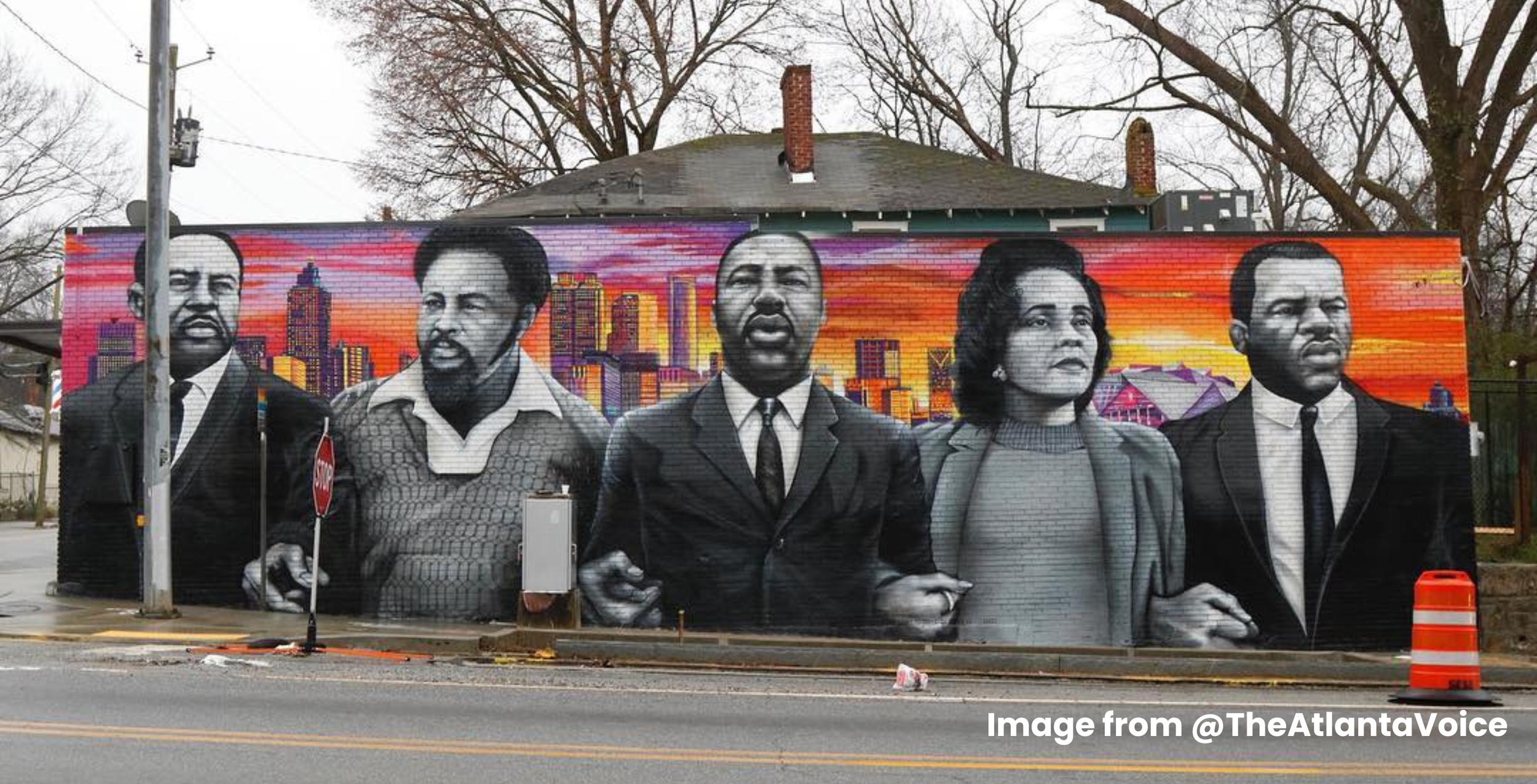Why Black History Month?
Black History Month grew out of the direct efforts of Carter G. Woodson to form an organization to promote the scientific study of black life and history. Beginning in 1912, Dr. Woodson diligently worked to highlight various aspects of Black History, which led to his establishing Negro History Month in February of 1926.
He chose a week in February since many Black communities already commemorated the lives of Frederick Douglass and Abraham Lincoln. Dr. Carter, however, viewed the celebration of Black History as the achievement of a multitude of African Americans and not just a few notable figures. Nor did he intend for the study of Black history to be confined to just one week, but viewed it as a year-long venture.
Through the ensuing decades, Negro History Week grew until it was established as Black History Month in 1976, fifty years after Dr. Woodson initiated Negro History Week.
(Information from ASALH, "The Origins of Black History Month")
But does the study and celebration of African-American history have anything to do with the Christian faith? Yes, it absolutely does. We believe God uses a people’s history in any number of ways. For African-Americans, we can see the fingerprints of the living God throughout our sojourn in this country. In the words of one of the verses of "Lift Every Voice and Sing:"
“God of our weary years God of our silent tears
Thou who has brought us thus far on the way
Thou who has by Thy might Led us into the light
Keep us forever in the path, we pray
Lest our feet stray from the places, our God, where we met Thee”
Black history is not only deeply embedded in and intertwined with American history, it’s also God’s story of the grace, power, and love He showed to an oppressed people who held to Him through the deepest, darkest times of our pain, suffering, and trauma. Moreover, African-American history is a valuable tool for teaching all Americans about God’s sovereignty and the way multitudes of African Americans responded to that sovereignty to be used by God to provide the most authentic witness of the gospel America has ever seen.
Black History Month is a providential time to be mindful that God is active in both individuals and groups of people (see Gen. 12:3; Psalm 67; Rev. 5:9-10 & Rev. 7:9) to bring them into a flourishing relationship with Him through our Lord Jesus Christ. With that in mind here are a few questions to reflect on as we take a brief glimpse of God’s work among African Americans.
How can Black history impact our witness today, especially among those easily marginalized? Do we have any laws or ways of living today that adversely affect other groups of peoples? Are we repeating sinful patterns? Where can see the living God at work in the lives of various people groups in our community?
How can we praise the Lord for what He’s done in the past, while looking forward to seeing His gracious hand at work in the present?
And how might we be a part of it?
Let’s start by looking at some local Black history that is important to All Souls, and that is the history of the neighborhood of our local partner, Peace Prep.
From their website:
“On Atlanta’s historic Westside, the neighborhoods that were once home to the likes Dr. Martin Luther King Jr. and Correta Scott King, as well as Andrew Young and other notable leaders is a short walk from Peace Prep. Other notable landmarks include the English Avenue Elementary School, which was the first school on the west side of town where African American children could attend school all day, and its’ notable pupils include Gladys Knight, Maynard Jackson, and Herman Cain.
Today English Avenue has a property vacancy rate around 60%, over 40% of its residents are well below the federal poverty line, it is known as a food and resource desert.”

